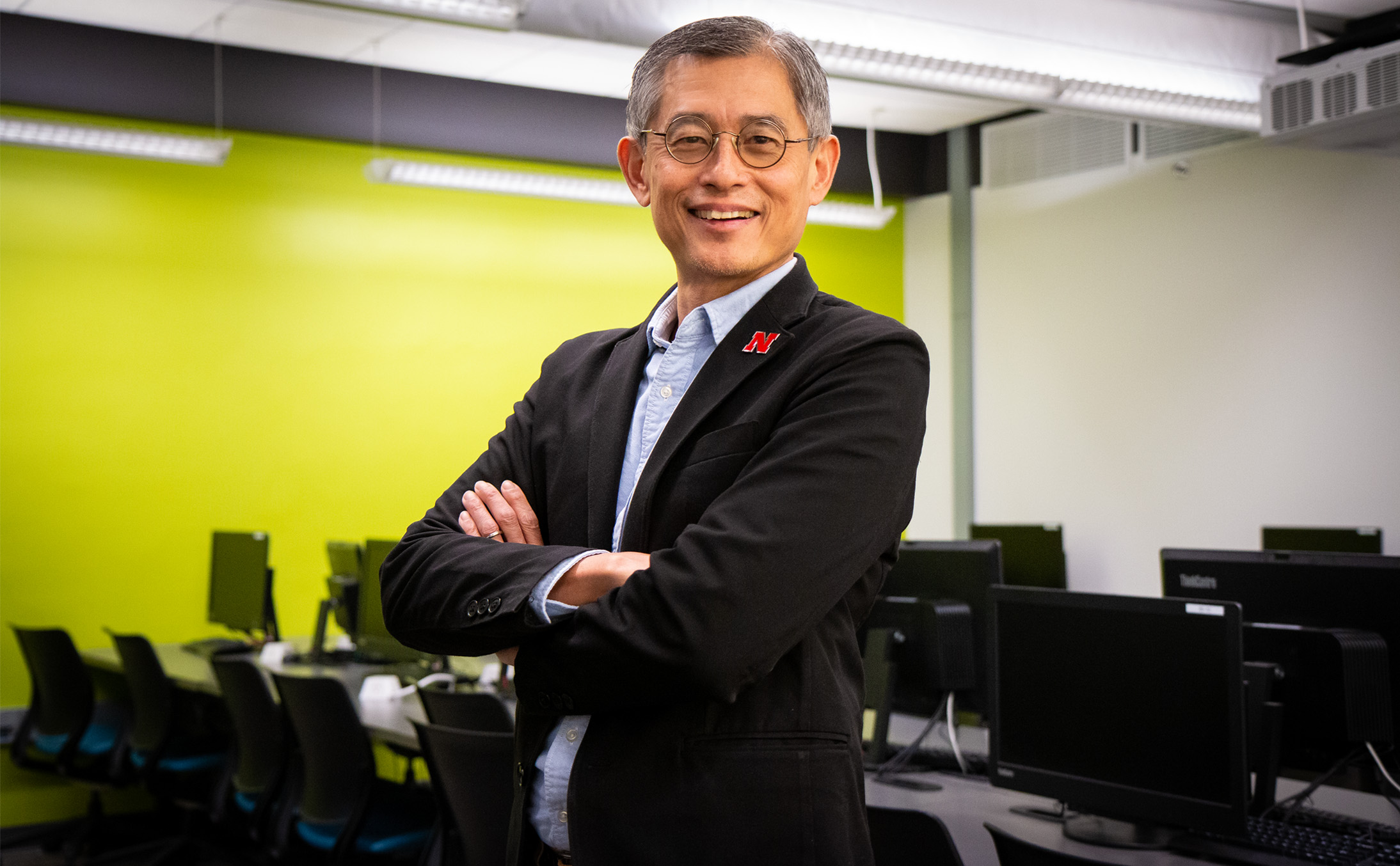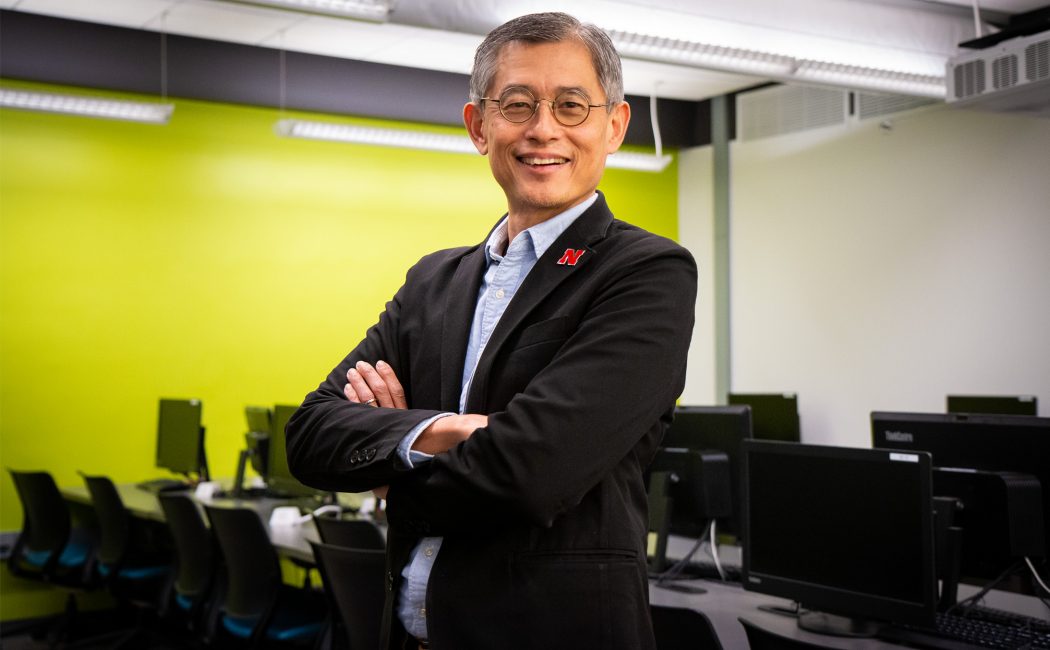
As computers become more and more ubiquitous in nearly every aspect of daily life, the demand for teachers who can prepare the next generation of tech leaders is more pressing than ever.
Leen-Kiat Soh, professor of computing, is leading a project to ensure future generations of K-12 teachers are equipped with the skills and knowledge to bring the cutting-edge computer science into the classroom.
“Training in-service teachers to teach K-12 computer science is no longer sufficient,” he said. “There is a need to engage and train undergraduate students studying to become K-12 teachers to teach computer science as part of their initial teaching load.”
Recent years have seen a growing shortage of in-service teachers in critical areas of STEM — Science, Technology, Engineering and Mathematics — and career and technical education. These shortages have a direct impact on students’ educational opportunities, and research shows educator shortages disproportionately impact students of color, students from low-income backgrounds and rural communities, and students with disabilities.
We need more computer science courses taught at the K-12 level. We need to train more teachers to be able to do that. We have to find teachers who want to learn about computer science and pass it on to future generations of students.”
— Leen-Kiat Soh, principal investigator
Having computing skills beyond the simple use of applications is essential for today’s world. Over the past two decades, numerous programs have emerged as part of a widespread effort to expand participation in advanced computing. These programs provide professional development for K-12 teachers to learn and improve their computer science teaching skills. Large-scale efforts by nonprofit Code.org and the state-focused AIR@NE (Adapt, Implement and Research at Nebraska) project are just two examples.
However, such programs have focused on training in-service teachers — not undergraduate pre-service students studying to become K-12 teachers.
From his previous research, Soh realized training only in-service teachers would not meet the ongoing demand of computer science in K-12 education. Extending training to pre-service teachers, still in college, would be necessary.
Funded by a grant from the National Science Foundation and housed at CYFS, Soh’s vision is to build a sustainable, end-to-end ecosystem of computer science education. His goal is to recruit, train, and support continuous learning for undergraduate pre-service teachers in delivering K-12 computer science instruction.
Along with Soh, the research team includes Brian Dorn, associate professor of computer science and associate dean for academic and faculty affairs at the University of Nebraska at Omaha; Gwen Nugent, research professor emeritus, CYFS; Wendy Smith, director and research professor, Center for Science, Mathematics and Computer Education; and Guy Trainin, professor of teaching, learning and teacher education.
After Soh and his team develop curricula and courses to prepare undergraduate pre-service teachers for K-12 computer science instruction, they will help build sustainable infrastructures and pathways — such as policies and curricula — across four- and two-year colleges. That includes providing guidelines on how to recruit, train and engage undergraduate pre-service teachers to learn and teach K-12 computer science, particularly in rural communities.
Soh and his team will explore best practices and methods for recruiting, training, educating and engaging pre-service teachers.
To ensure their models will be suited to a variety of classroom settings and teaching pathways, researchers will collaborate with educators and leaders at Southeast Community College, Metropolitan Community College, Western Nebraska Community College, Northeast Community College and Central Community College.
The team will also partner with other state institutions and local industry — such as the Nebraska Department of Education and the Nebraska Tech Collaborative — to form a consortium that can provide continuing support and ongoing education throughout their careers.
Their findings will guide them in the development of sustainable infrastructures and instructional materials, which will be shared through workshops at education conferences, and through communities of practice and outreach efforts to education departments.
“We need more computer science courses taught at the K-12 level,” he said. “We need to train more teachers to be able to do that. We have to find teachers who want to learn about computer science and pass it on to future generations of students.”
Learn more about this project in the CYFS Research Network.
